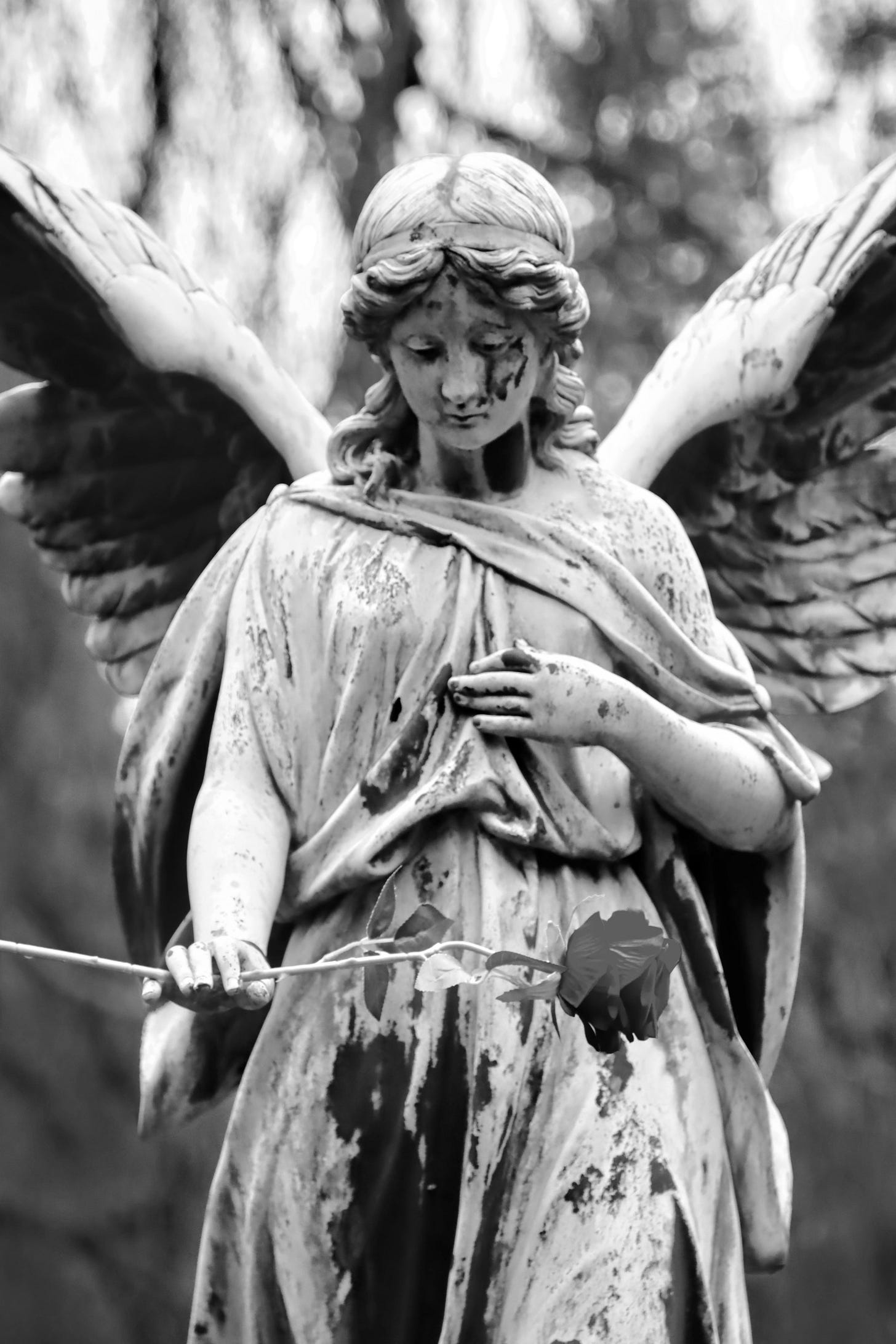What Remains
The most important will not vanish
The note in my journal read: I don’t want to end up simply having visited this world.
I had written those words on the lined page of my journal early this past spring, from what I remembered. I didn’t mark the date; many times I don’t mark the date.
The words were from Mary Oliver’s poem, “When Death Comes.” I must have read the poem one morning in my shed and thought that particular line most important, beautiful, something to hold onto. I have loved Oliver’s poems. Much like Gary Snyder’s. Not that I’m an expert on poetry; I simply know what I like. And these two—like few others—can capture nature and the mystery of life’s gifts in one simple line.
I rediscovered the written words in the journal as I was examining other notes there—notes about pieces I had been working on and manuscripts half-done, or random notes on thoughts I somehow believed had been vital but later, many times, had forgotten why I made the note at all. Someone said once that taking notes was useless for a writer because what is important remains, and what is not goes away. Reading Oliver’s line of poetry and the capturing of it in that moment was what was most meaningful. Yet, as I read the line once again, her words rose in my conscientiousness as if I had been reading them for the very first time.
As we age and near life’s end, each of us in our own way considers what we might leave behind, what mark will remain. Mary Oliver must have been wondering that when she wrote her poem. Simply “visiting” won’t permit us to offer up a parting gift to those who carry on. The only way to do that is to live a life that stands for something, to do more than visit. Some believe that is called “making memories.” But memories won’t remain, either. Not for us. Not for the dead. For the living, maybe, but when death comes, those moments that in their infancy seemed so vital to us will vanish. I think that is what Mary Oliver was trying to help us see.
Our memories are fragile and through the years, our brains lose the agility to hold onto them. We are unable to recall what we once held so dear. For some of us, the loss is catastrophic. For most of us it is a slow disintegration of the pieces of a life.
I don’t want to end up simply having visited this world.
I read Oliver’s words again and wondered if she wasn’t asking us to be unconcerned with memory? Isn’t she suggesting that no matter our mind’s capabilities, what is most important will always remain in some form or another? Isn’t she insisting we get on with what is here and now? Isn’t she asking us to be in the world, not of it?
My mother suffered from dementia at the end of her life. She would forget where she was, her sister’s name, her daughter’s name, what she had spoken about only moments before. It was hard to watch. But in her last days, despite the state of her mind, I wonder, did she remember what was most important to her? What was most precious, did those things remain? Was recalling someone’s name—even those of her most beloved family members—as important as a loved one simply being near in the end? What I saw and heard as my mother was leaving this world was through the lens of my life with her. But what she was experiencing was hers, and hers alone. Maybe what was left for her—whatever that may have been—was all that mattered. The memories that remain despite the condition of our deteriorating minds are made through the act of living in this world—jumping, diving, leaping into it, doing more than simply visiting. My mother did not simply visit. She left her mark. She didn’t live life to create memories, for she must have known they are only the byproducts of something bigger.
It was a lot to think about, unexpected but yet welcome. And so it seemed right after some time with Oliver’s words, the ones I had written in the journal many weeks before, that I would copy into the journal other lines from a poem, ones I had found that morning on a poetry website in the early light of the day.
Knowing there’s only so much time,
I don’t rejoice less but more.
Knowing how many things will now
not happen, I wish them Godspeed
and pass them on to someone
down the line.
—Albert Huffstickler, “Don’t Ask the Angels How They Fly”
***
Angel Photo by Marek Studzinski on Unsplash



